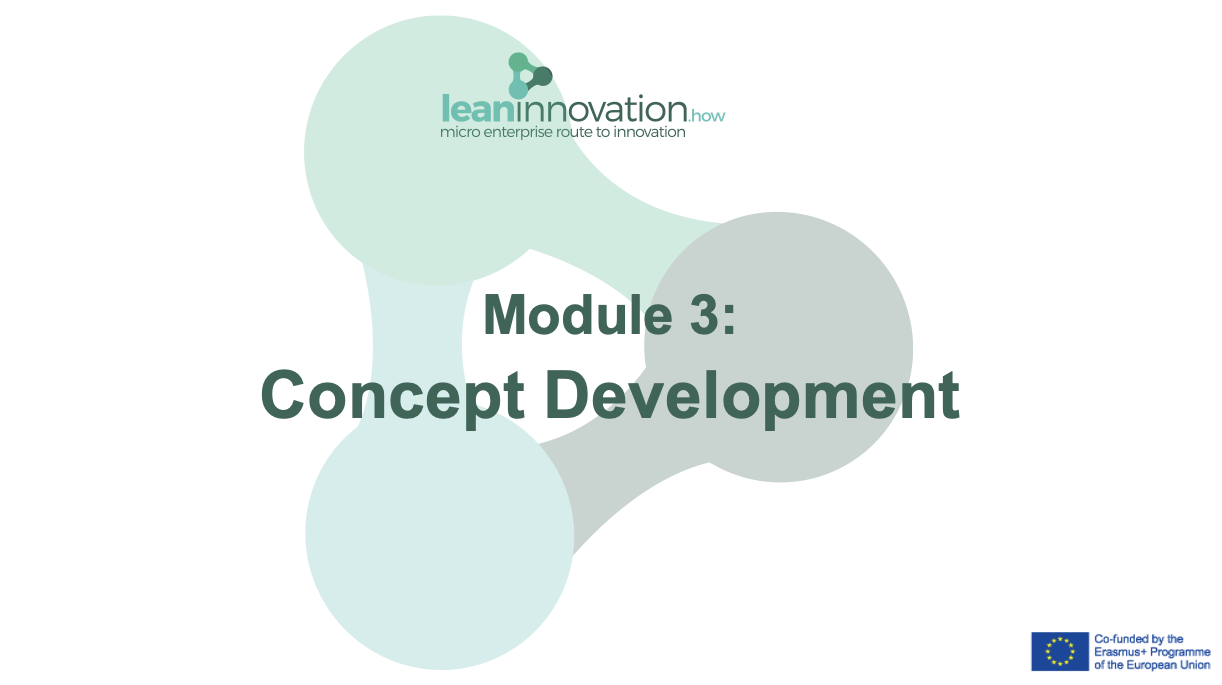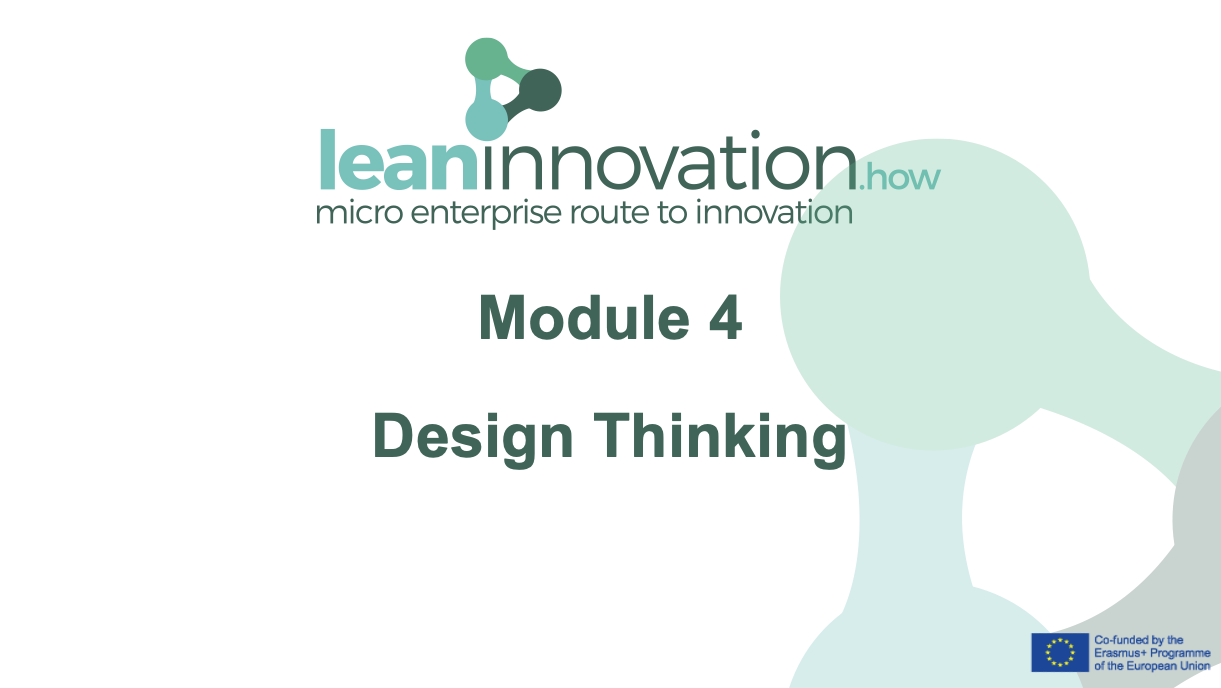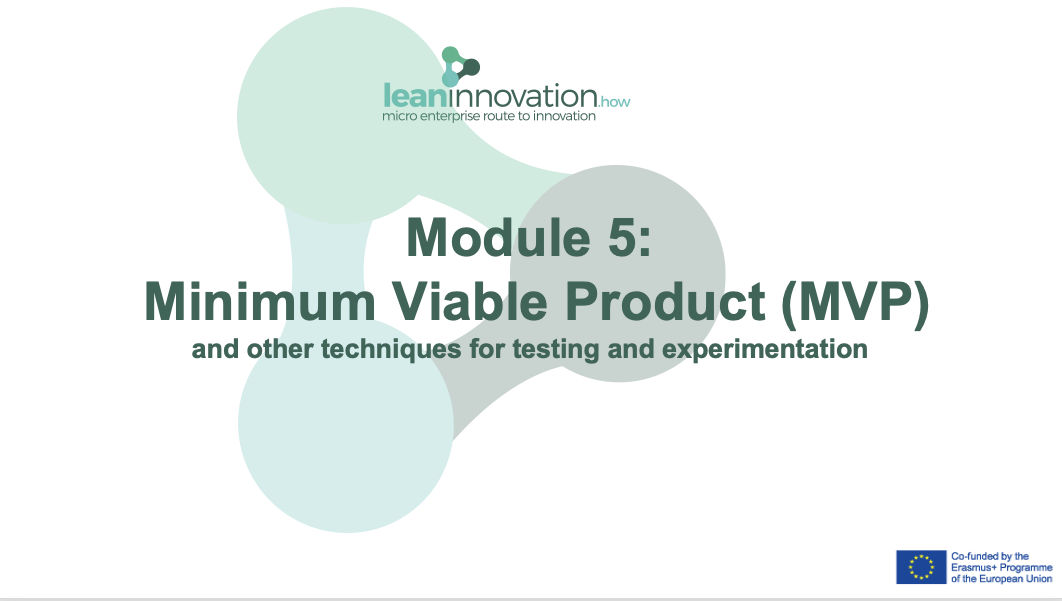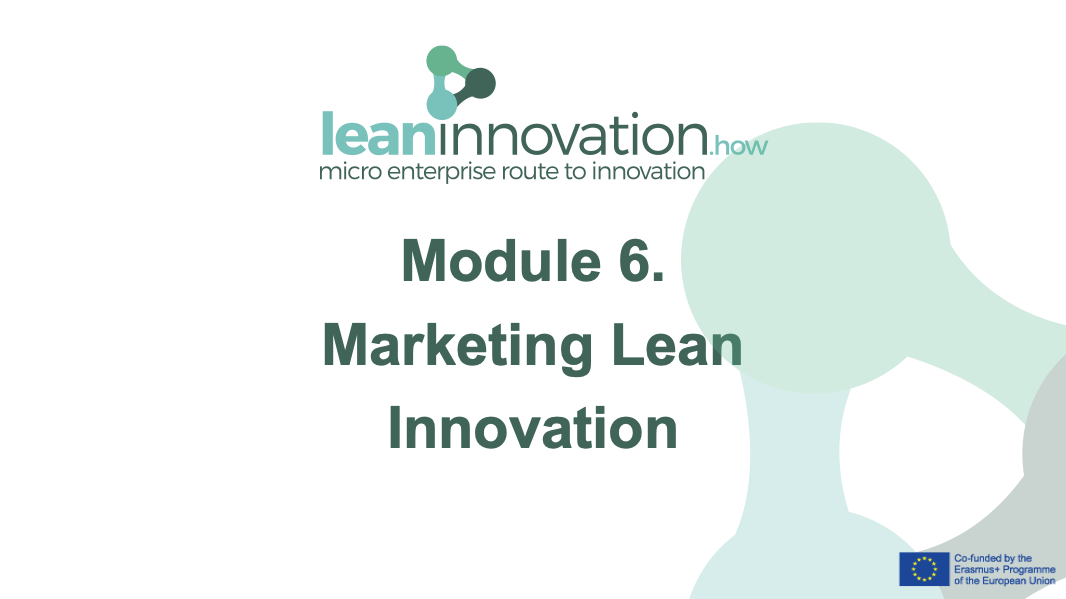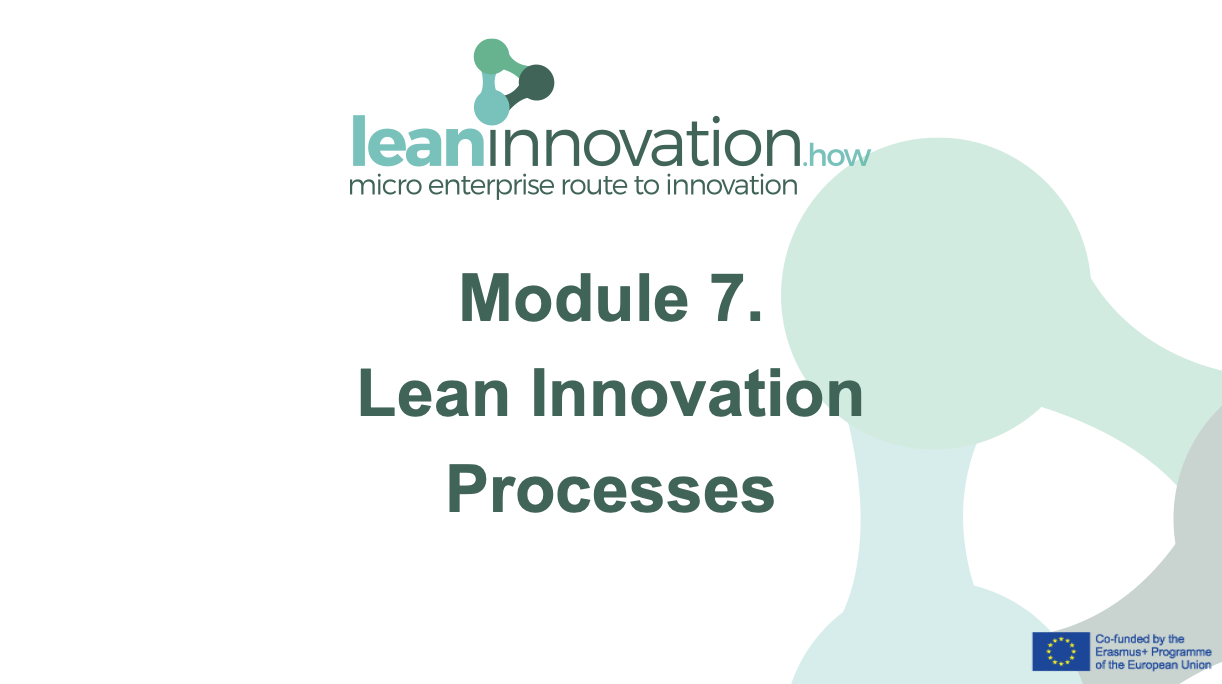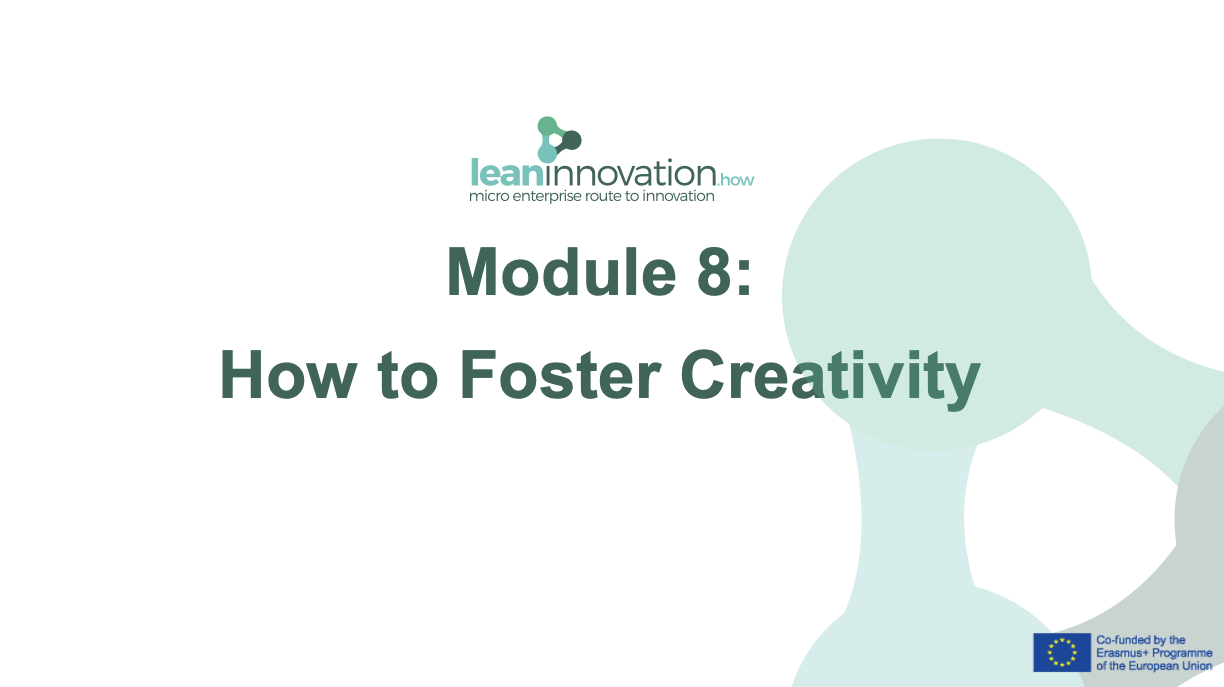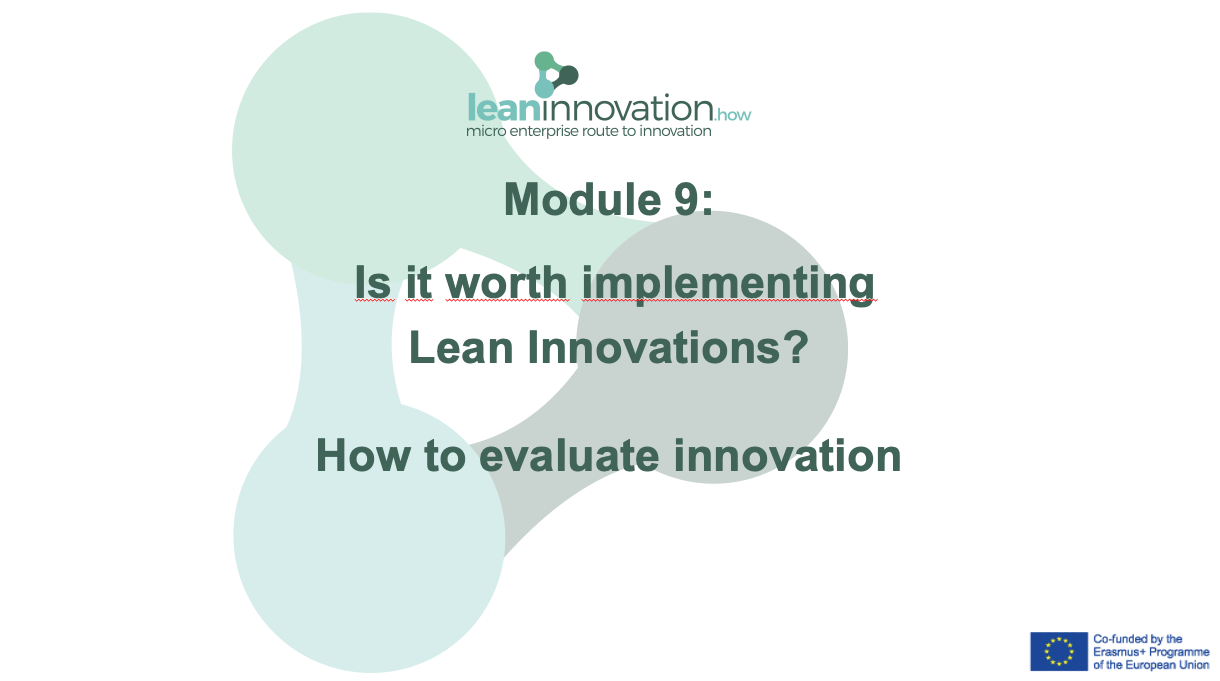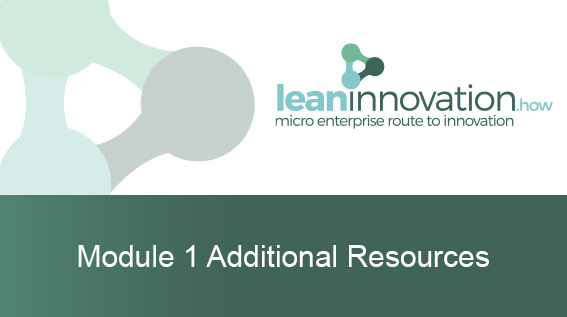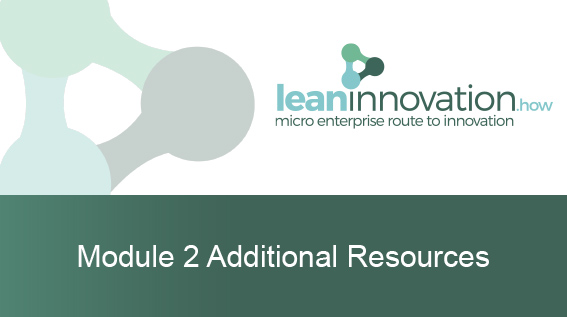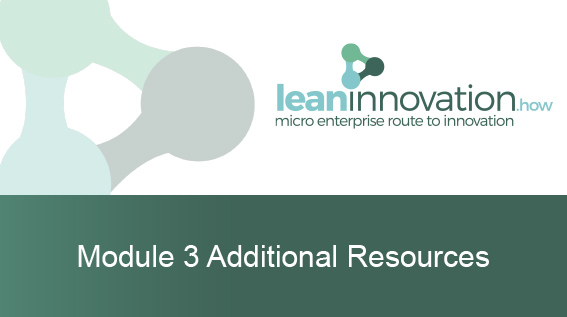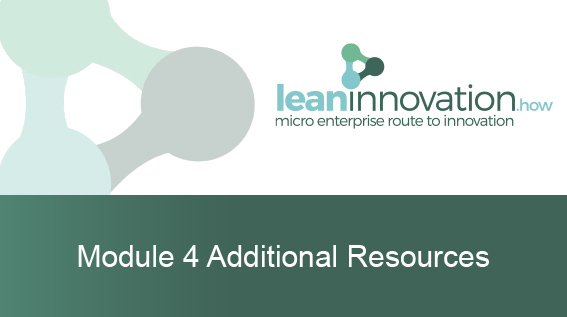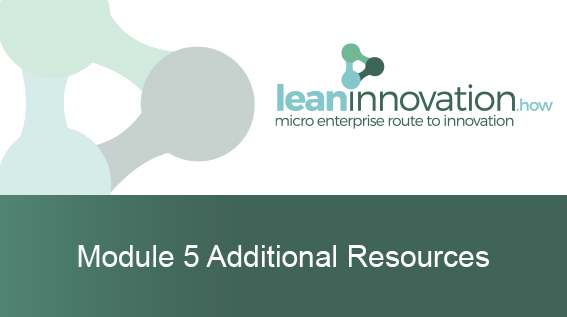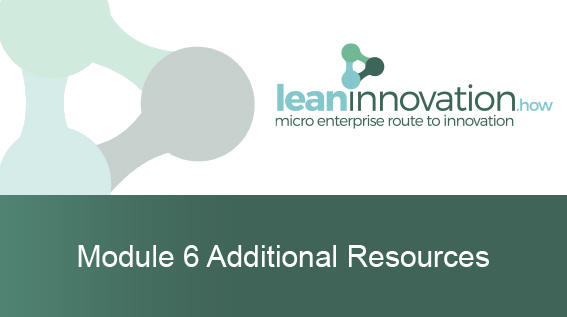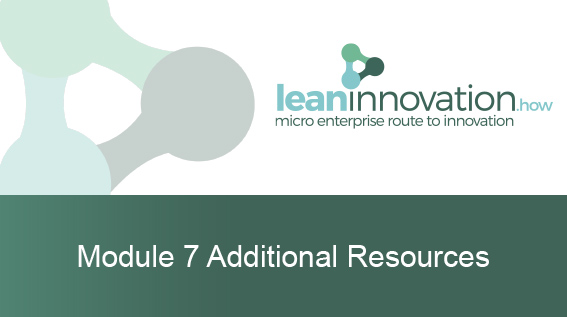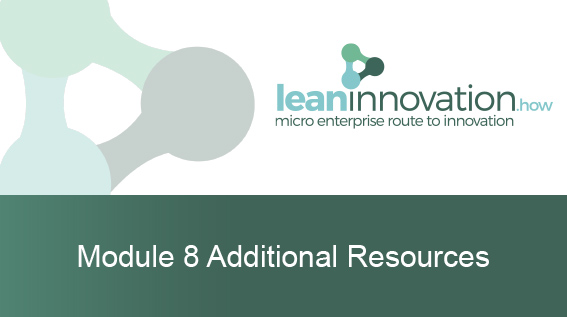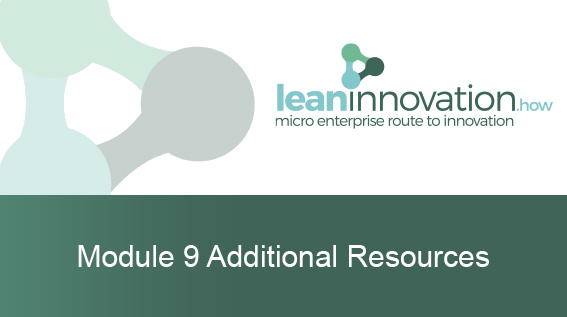The LIME Open Educational Resources for trainers – an adaptable and flexible set of resources for entrepreneurship education providers working with micro enterprises and entreprensurship students.
Lean innovation offers a cost-effective, low-tech approach to innovation. It prioritises design thinking and agile experimentation to help micro businesses get more value out of their time and resources. Freeing them to be more flexible, responsive and sensitive to real customer needs, key advantages they have over larger businesses.
The LIME curriculum is designed to give trainers and micro-enterprises access to knowledge about lean innovation skills and processes in a format that is usable in classrooms or online sessions, for small group or one-on-one coaching.
Our full course has 9 modules taking users through key competancies for lean innovation. The “open” nature and flexibility of our resources (they can be used mix + match style) makes the modules completely adaptable to different levels and types of learner. Download and integrate the resources into your existing training, or use elements of them as the basis for new courses, structuring them to suit your organisational and trainee needs. They can also be used in association with the online course, depending on the circumstances of the trainees.





